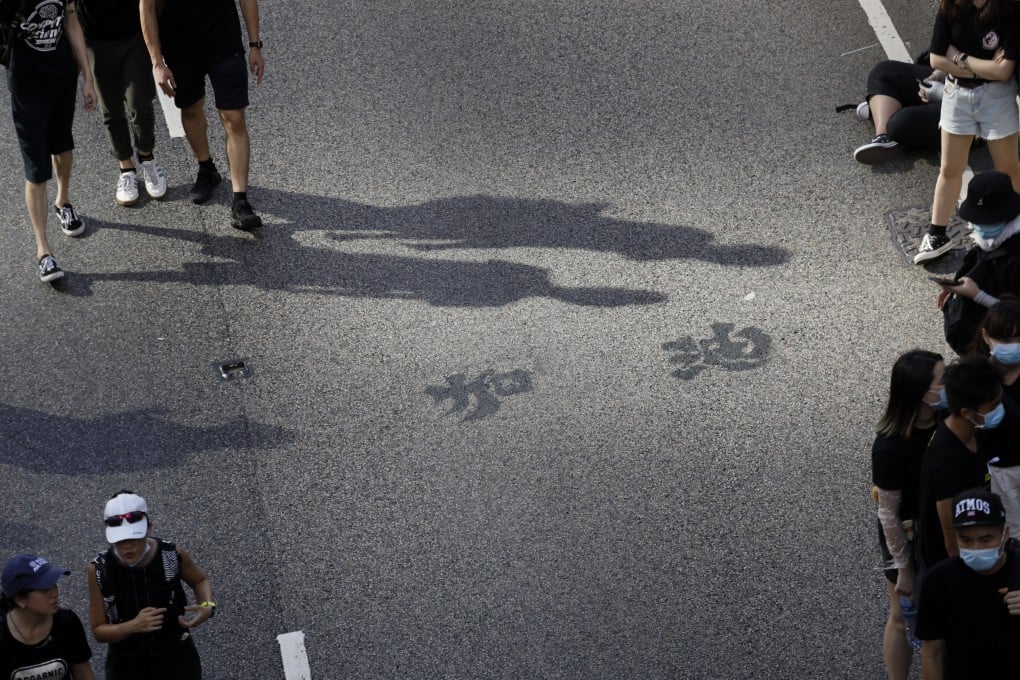Opinion | It’s easy to play the blame game. It’s harder – but necessary – for Carrie Lam to restart dialogue and negotiate Hong Kong’s future
- Whatever you think of their actions, a good number of young Hongkongers feel their options have been exhausted. It’s time for political moderates who have Beijing’s ear to step up and broker dialogue between the administration and protesters

The blame game has started. The government, which has been most inadequate in political communication over the past two years, pointed to the violence of the protesters as the root of the problem. Moderate pan-democrats have blamed the administration of Chief Executive Carrie Lam Cheng Yuet-ngor for not responding in time to protesters' demands.
Protesters said the administration’s silence left them with no alternative. What is particularly worrisome is the fixation with condemnation: protesters have been condemned as a mob, legislators for being ineffective, and the entire protest against the extradition bill as being disruptive to society.
As for the protesters, they would be compelled by the logic of social movements to stand on the front line and risk their own mental and physical health. For the wider public, there might be a growing sense of apathy or defeatism, and a fear that politics is too high-stakes for many. Finally, for legislators on both sides of the political divide, the escalating violence might limit the extent to which they can manoeuvre and negotiate with the administration.
Violence has no intrinsic appeal: it is not a natural option for most individuals, and they do not employ it lightly. The administration, along with all other parties involved, must take a serious look at how its governance has gone wrong.
.png?itok=bcjjKRme&v=1692256346)